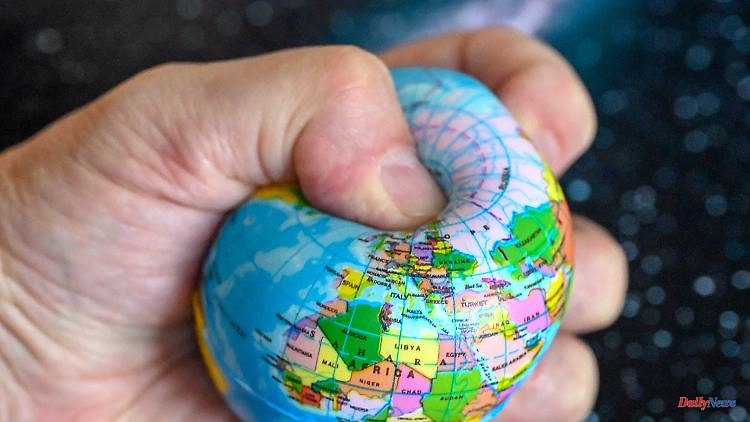The annual world climate conferences are huge events, to which thousands of politicians and lobbyists fly by plane. The Club of Rome calls for reform: more science, less business. The circle of thinkers is also proposing a global ranking of environmental sinners.
In view of the accelerating climate crisis, the Club of Rome think tank is calling for a reform of the annual UN world climate conferences. "This lethargic process is completely in contrast to climate research and the climate damage and risks in the real world," said the Swedish director of the Potsdam Institute for Climate Impact Research, Johan Rockström, in support of the just published call. It is signed by former UN Secretary-General Ban Ki-moon, Irish ex-President Mary Robinson and many others.
Specifically, the group calls for more frequent and smaller meetings than the annual mammoth conferences. In addition, there is a need for a stronger focus on the current scientific findings on the status of the climate crisis. Representatives from around 200 countries currently meet once a year to discuss how to contain global warming. More and more lobbyists from the oil and gas industry are also taking part. The next conference in Dubai is to be chaired by the chairman of the Emirati state oil company ADNOC.
According to the Club of Rome, the focus should be more on how far the world is from reaching the internationally agreed 1.5 degree target. According to the United Nations, the world is currently heading for 2.8 degrees of warming by the end of the century - with catastrophic consequences. The Club of Rome believes it makes sense to use modeling that constantly recalculates how certain decisions would affect temperature rise. The negotiations should also clearly identify and visibly display which countries are making progress and which are not.
50 years ago, the think tank Club of Rome shook the world up with its report "The Limits to Growth". Today it is considered the most influential publication on the imminent overload of our planet. Based on a computer simulation, the research group warned that if the global economy does not change, the economy, environment and quality of life would collapse.












